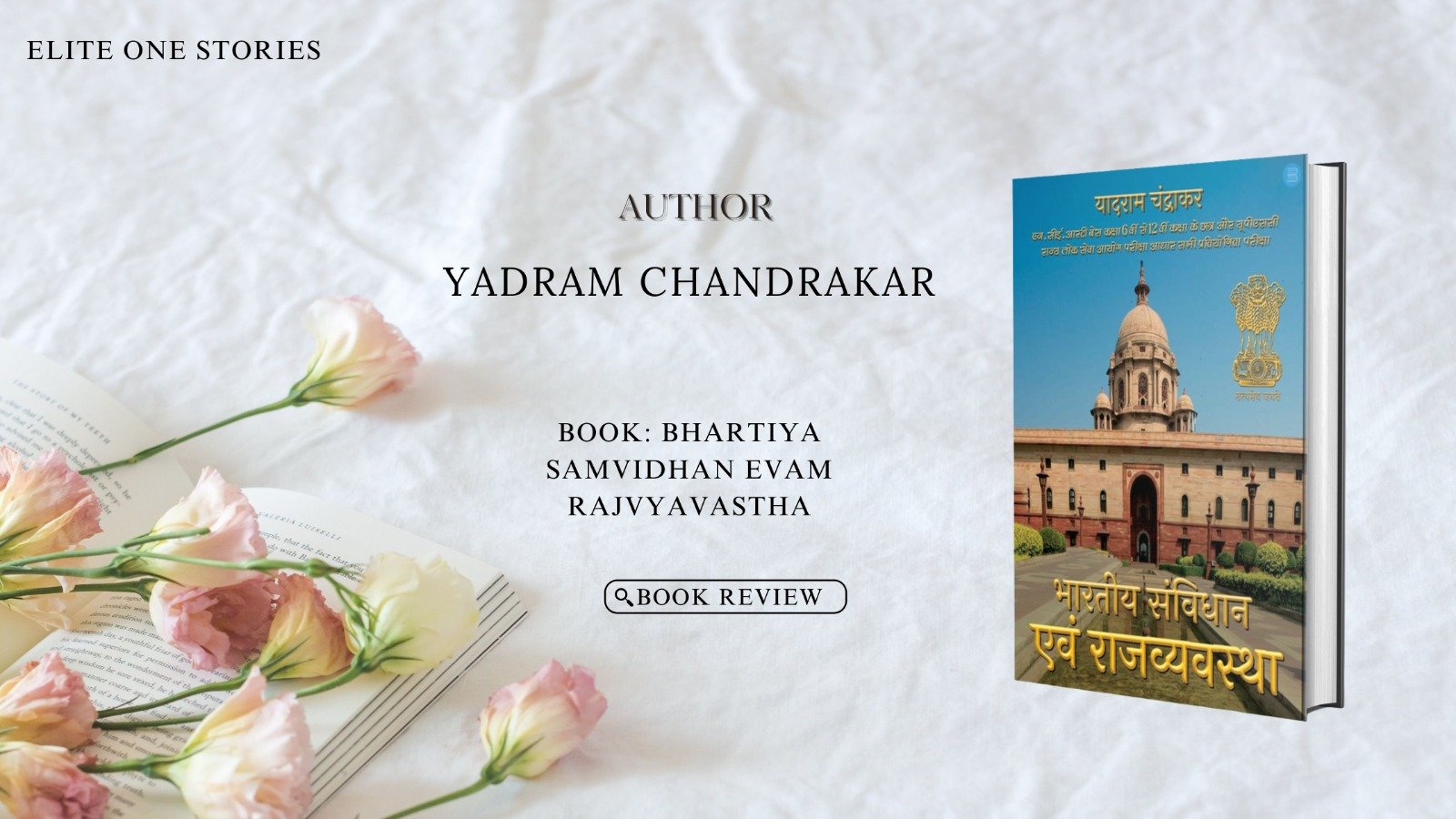Horror has always been a genre that thrives on extremes—extremes of fear, of violence, of darkness. But in “Blight of the Ivory,” Yudhishthir Singh proves that true horror often lies in the ordinary, in the choices we make every day, in the compromises we are willing to accept for the sake of success. This is not a story about grotesque monsters or apocalyptic events. It’s about the quiet, insidious corruption of a man who wants nothing more than to succeed—and the ancient, mythological power that makes him pay dearly for it.
At its core, the novel tells the story of Akshat, a man trying and failing to keep his marketing agency afloat. His failures feel crushing not just because they threaten his business, but because they chip away at his identity, his sense of worth, and his place in the world. Readers will find in Akshat a reflection of their own insecurities, their own struggles with ambition and disappointment. Singh is careful to make him relatable, so that when the supernatural enters the picture, it does so against a backdrop of deeply human vulnerability.
The supernatural comes in the form of Indrajeet and The Ivory. Indrajeet is an enigmatic character, almost archetypal in his role as the giver of forbidden gifts. By handing Akshat The Ivory, he sets in motion a classic Faustian bargain: the promise of success in exchange for a hidden, inevitable cost. The Ivory itself is brilliantly conceived—not just a cursed object, but a relic tied to mythology, carrying with it the weight of centuries of stories about power and sacrifice.
What makes the novel gripping is how Singh develops this bargain. The Ivory delivers on its promises, but always at a cost. Every success Akshat achieves feels tainted, every gain overshadowed by an unseen shadow. Singh doesn’t rely on sudden shocks; instead, he cultivates a slow, creeping sense of dread. The horror builds gradually, becoming more suffocating with each turn of the page, until the reader feels as ensnared as Akshat himself.
The novel also succeeds as a study of morality. Akshat is not portrayed as a villain; he is an everyman. His decisions, while questionable, are understandable. This makes the story all the more unsettling because it suggests that any of us, under the right circumstances, might make the same choices. Singh forces us to ask difficult questions: how much of our moral integrity are we willing to sacrifice for success? What is the real price of ambition? And once we begin down that path, can we ever truly turn back?
Beyond morality, “Blight of the Ivory” also touches on the theme of guilt. As Akshat gains more, he becomes increasingly aware of the costs attached to his success. That awareness weighs heavily, creating a psychological torment that is just as terrifying as the external consequences. Singh’s exploration of guilt gives the novel its emotional depth, ensuring that the horror is not only intellectual but also deeply felt.
Another layer that enriches the novel is its use of mythology. By rooting The Ivory in ancient lore, Singh connects Akshat’s personal story to a larger, timeless narrative about human desire and its consequences. This elevates the book from being just a contemporary tale of corruption to a universal story about the dangers of power. It suggests that what Akshat experiences is not unique, but part of a cycle that has repeated itself across generations and cultures.
Singh’s writing style complements the story beautifully. It is atmospheric without being overbearing, clear without being simplistic. His pacing is deliberate, allowing tension to build naturally. He avoids over-explaining, trusting readers to feel the weight of the story without needing everything spelled out. This restraint makes the horror more effective because what we imagine often frightens us more than what we are shown.
Ultimately, what makes “Blight of the Ivory” stand out is its relevance. In today’s world, where success is idolized, shortcuts are glorified, and morality often feels negotiable, the story of Akshat feels less like a work of fiction and more like a cautionary tale for our times. Singh has crafted a narrative that speaks directly to the anxieties of modern life while grounding them in the timeless truths of mythology.
The result is a novel that is both entertaining and deeply thought-provoking. It chills you, yes, but it also makes you reflect on your own desires, your own ambitions, and the compromises you might be willing to make if handed a relic like The Ivory. That dual impact, fear and reflection, is what makes “Blight of the Ivory” such a remarkable achievement in horror fiction.
For readers who crave horror that does more than frighten, who want stories that engage the heart, the mind, and the conscience, Yudhishthir Singh’s “Blight of the Ivory” is a must-read. It is haunting, philosophical, and unsettling in the best possible ways.



